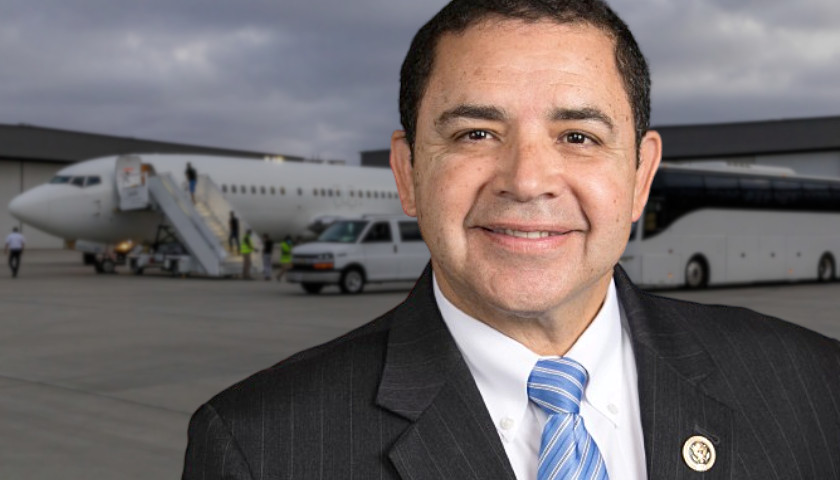by Tyler Arnold
Ohio Senate President Larry Obhof, R-Medina, supports a pending trade agreement between the United States, Mexico and Canada and says it’s vital to Ohio’s economy.
The United States-Mexico-Canada Agreement, also known as USMCA, would replace the North American Free Trade Agreement and attempt to incentivize the creation of more factory jobs in the U.S. It would require that 40 percent of the work done on an automobile be completed by workers making $16 an hour or more by 2023 and require that 75 percent of a vehicle’s value must originate from North America to be tariff-free.
President Donald Trump has warned that he may leave NAFTA without a deal if the USMCA is not agreed to. Both Mexico and Canada have agreed to the deal, but it is waiting approval from Congress. Although all sides want a deal, some critics have said that some of the new provisions intended to shift jobs to the United States may lead to higher costs of vehicles.
“USMCA will improve wages and labor standards, increase Ohio’s exports, protect our intellectual property and streamline trade rules for our small businesses,” Obhof testified in front of the U.S. Senate’s Transportation, Commerce and Workforce Committee. “This trade deal is vital to Ohio’s diverse economy, and workers and business owners across Ohio have waited long enough – the time for action is now.”
Obhof serves on the Intergovernmental Policy Advisory Committee on Trade.
Car manufacturers, such as General Motors and Ford Motor Company, which provide factory jobs in the region, have said that they support the USMCA. The Ohio Manufacturers’ Association has also encouraged Congress to approve the treaty.
“By adding more trade certainty and strengthening America’s relationship with its closest allies, this new free-trade structure will provide a long-term boost to our state and national economies,” the association’s president, Eric Burkland, said in an op-ed for Troy Daily News.
“The USMCA would update the framework established by the 1994 North American Free Trade Agreement (NAFTA), thereby ensuring that Ohio’s agricultural and manufacturing sectors have unrestricted market access to important Canadian and Mexican markets,” Burkland said.
Andrew Kidd, an economist for The Buckeye Institute, told The Center Square via email that the new trade deal would help maintain free trade in the region with some minor changes from NAFTA. The institute is a free-market think tank based in Ohio.
Kidd said that the provision that would require 40 percent of work to be done by workers making $16 per hour would likely help Ohio’s economy by shifting some of the work into the state.
“Free trade is beneficial and although opening U.S. firms up to new competition from foreign businesses can be challenging, free trade also allows U.S. companies to expand to new markets and keeps things affordable for Ohio’s families,” Kidd said.
The U.S. House Speaker Nancy Pelosi, a Democrat from California, has expressed some concerns about environmental and labor provisions in the deal, which could stall its passing.
– – –
Tyler Arnold reports on Virginia and Ohio for The Center Square. He previously worked for the Cause of Action Institute and has been published in Business Insider, USA TODAY College, National Review Online and the Washington Free Beacon.





